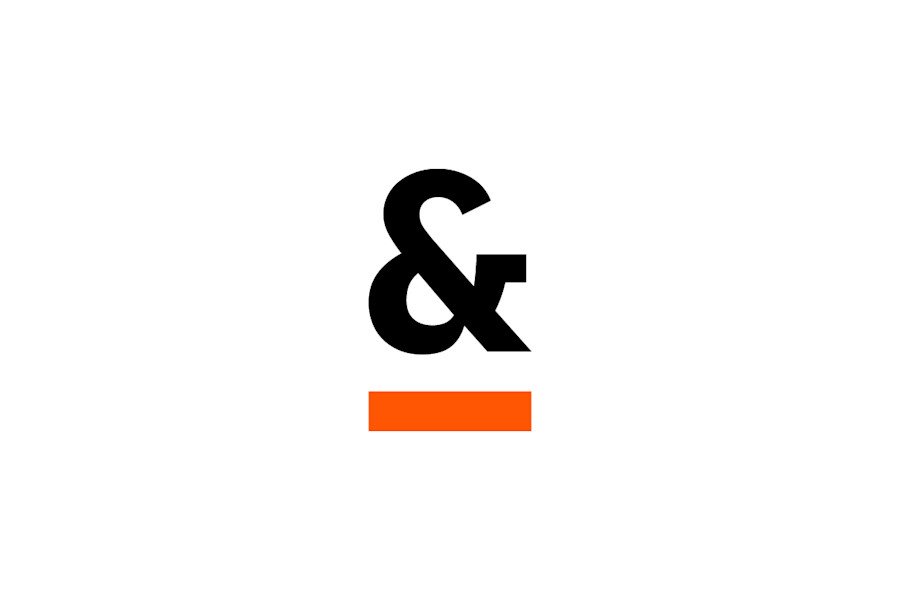Summary
From 1 September 2017, a ban on excessive card payment surcharges will apply to all Australian businesses. The ban has applied to large businesses since 1 September 2016, but will now extend to all other businesses that are based in Australia or use an Australian bank.
In this article we outline what is meant by excessive payment surcharges and how this new ban will be enforced.
Overview of the ban
Under the ban, businesses will be prohibited from charging customers excessive surcharges for making payments using EFTPOS (debit and prepaid), MasterCard (credit, debit, and prepaid), Visa (credit, debit, and prepaid), and America Express "companion" (American Express cards issued through an Australian financial service provider) cards issued by Australian banks.
The ban was inserted into the Competition and Consumer Act 2010 (Cth) by the Competition and Consumer Amendment (Payment Surcharges) Act 2016, which operates in conjunction with a Reserve Bank of Australia (RBA) standard. The RBA standard can be accessed here.
The excessive payment surcharge ban restricts the amount that a business can charge customers to the actual costs of accepting their payment type. The costs that can be taken into account include merchant service fees, fees paid for the rental and maintenance of payment card terminals, and any other fees incurred in processing card transactions.
When is a payment surcharge excessive?
A payment surcharge will be considered excessive if it exceeds the permitted surcharge as defined by the RBA standard and therefore exceeds the applicable cost of accepting that payment type. Banks, financial institutions, and payment facilitators should outline the cost of acceptance to businesses for each applicable payment type in their monthly statements (starting from July 2017).
The cost of accepting a card payment will vary depending on the business. However, the RBA indicates that generally Visa or MasterCard debit transactions incur a cost of 0.5 per cent per transaction value, Visa or MasterCard credit cards incur a cost of 1-1.5 per cent per transaction value, and American Express payments incur a cost of 2-3 per cent per transaction value.
Importantly, businesses cannot charge a flat fee or uniform surcharge for all card types (for example, an average of debit, MasterCard and Visa credit, and American Express surcharges), if that surcharge exceeds the permitted surcharge for one or more of the payment types. That is, a flat fee or uniform surcharge will need to be set at an amount that is in line with or below the permitted surcharge amount for the lowest rate of all payment methods included.
How will the ban be enforced and what are the penalties for breach?
The Australian Competition & Consumer Commission (ACCC) is responsible for enforcing the ban. It holds powers to enforce compliance with the ban and investigate complaints in relation to it. The ACCC can issue surcharge information notices to businesses and banks, mandating that they provide evidence of actual costs incurred by businesses for accepting payments, in order to determine whether or not their surcharges exceed the permitted amount.
If the ACCC has reasonable grounds to believe that a business's surcharges are excessive it can:
issue an infringement notice to the business to the amount of $126,000 for a listed corporation (600 penalty units), $12,600 for a body corporate (60 penalty units), and $2,520 for a person other than a body corporate (12 penalty units); ortake court action against the business, in which it can seek pecuniary penalties to the amount of $1,358,910 for a body corporate (6,471 penalty units), and $271,950 for a person other than a body corporate (1,295 penalty units).
Individual consumers can also seek damages for loss or damage suffered due to excessive surcharges.
The new ban on excessive payment surcharges does not dilute or eradicate any existing requirements and standards under Australian Consumer Law, for example the prohibition against making false or misleading representations about the price of goods or services.
All information on this site is of a general nature only and is not intended to be relied upon as, nor to be a substitute for, specific legal professional advice. No responsibility for the loss occasioned to any person acting on or refraining from action as a result of any material published can be accepted.
 Client portal
Client portal











